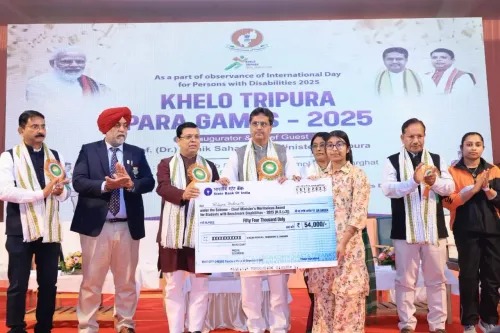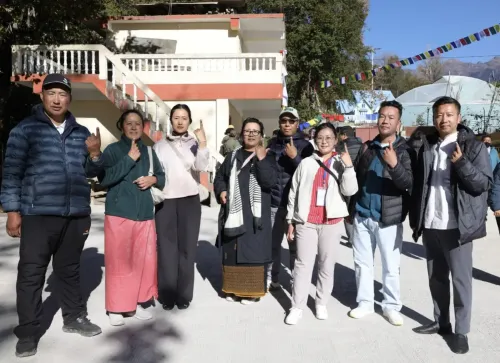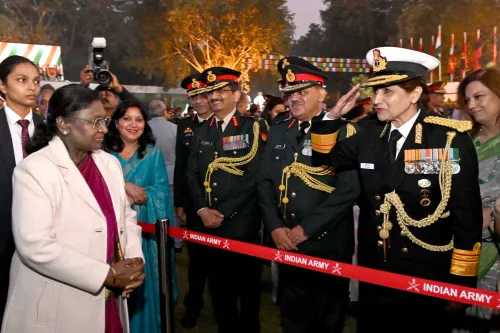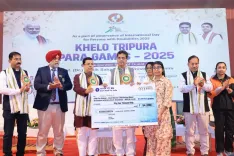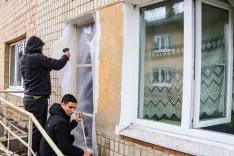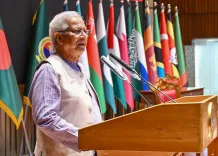Historic Election of All-Women Panel at Pala Bar Association in Kerala

Synopsis
Key Takeaways
- All-women advocates panel elected at Pala Bar Association.
- Usha Menon received 163 votes, becoming President.
- All 15 members of the panel are women.
- Supreme Court mandates one-third representation for women in bar associations.
- Women lawyers make up 28 percent in Kerala.
Kottayam (Kerala), April 25 (NationPress) In a groundbreaking achievement for the nation, an all-women advocates panel has been elected as the office-bearers of the Pala Bar Association in Kerala's Kottayam district.
During the counting of votes for the new Bar Association at Pala, the all-women panel, headed by advocate Usha Menon, triumphed over K. Josekutty.
Menon secured 163 votes and was appointed as the new President of the Pala Bar Association, while Josekutty received just 70 votes.
All 15 members elected on Menon’s panel are women. This notable victory for Menon coincides with ongoing cases in the Supreme Court advocating for women's representation in bar association leadership positions.
Last year, the Supreme Court mandated that at least one-third of the posts in the Supreme Court Bar Association be reserved for female lawyers.
This directive was subsequently applied to numerous other Bar Associations, including those of the Delhi High Court and Karnataka.
Out of 788 judges in high courts across India, only 107 are women.
In the Kerala High Court, out of 45 judges, merely three are women.
Notably, women account for approximately 15 percent of enrolled lawyers in India, while in Kerala, 28 percent of lawyers are women.
A study conducted in 2021 indicated that only 2.04 percent of the elected representatives in the 21 State Bar Councils are women.
Recently, esteemed Supreme Court advocate Menaka Guruswamy noted that without equality and equal partnership at home, women may struggle to thrive and endure in the Bar.
On a positive note, an increasing number of girls are participating in the Common Law Admission Test (CLAT). In 2011, the participation rate for girls was at 32 percent, but in recent years, it has surpassed the 50 percent mark.


